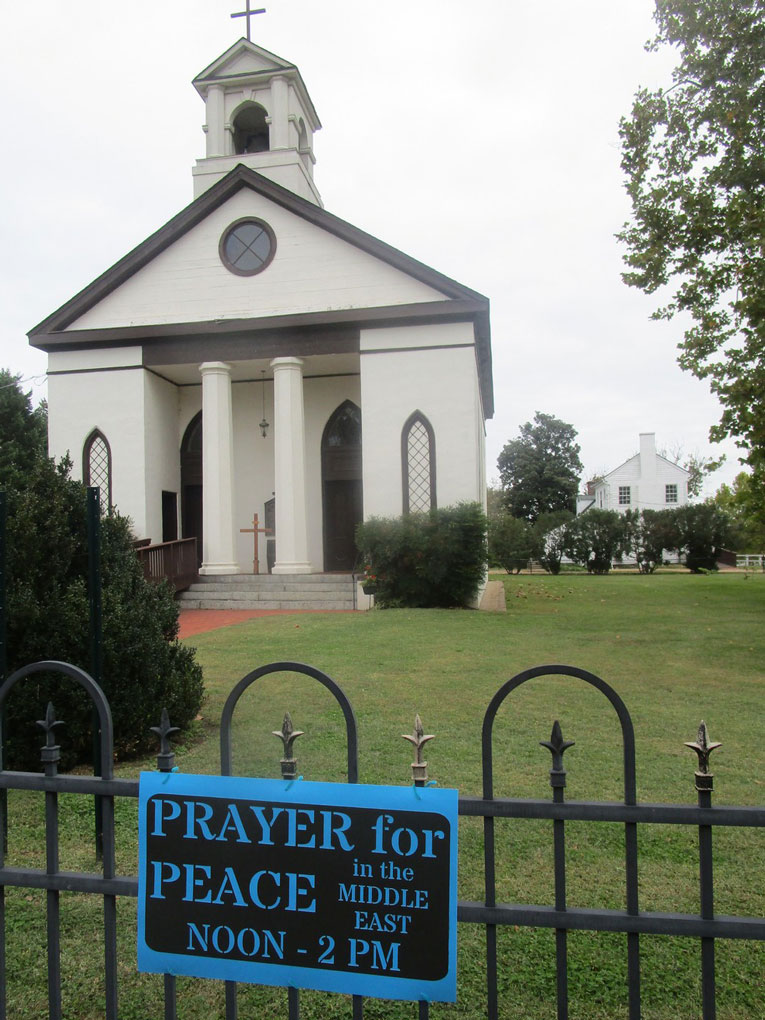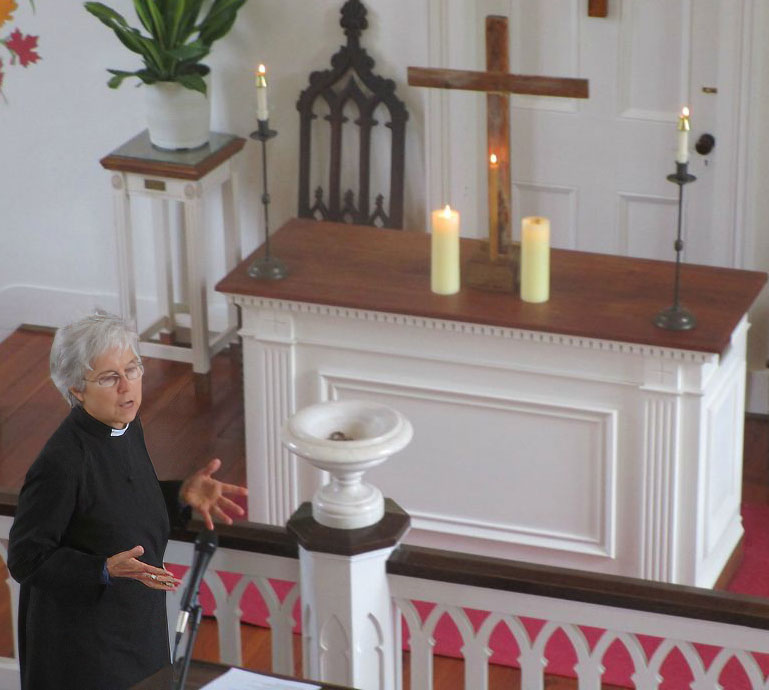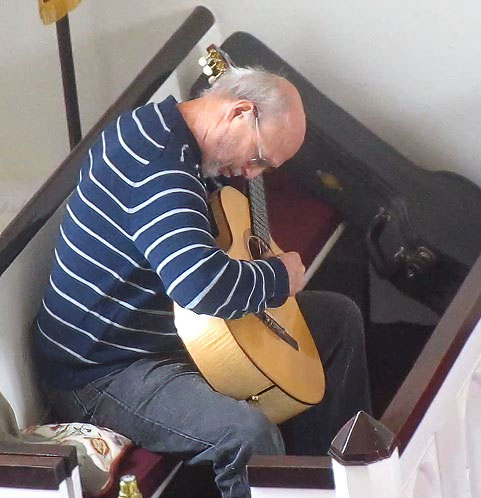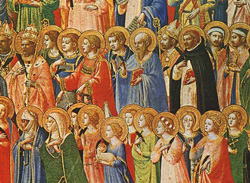
We celebrate James day on Tues Oct. 23. He is known as St. James of Jerusalem (or “James the Just”). James was so respected by all, including even unbelieving Jews, that he was nicknamed “the Just”.
He is referred to by Paul as “the Lord’s brother” (Galatians 1:19) and the equal of the other disciples. Matthew provides some clues in Matthew 13:55 on his identity. “Isn’t his mother’s name Mary, and aren’t his brothers James, Joseph, Simon and Judas?” with the story of Jesus less than enthusiastic reaction in Nazareth.
Some have written that he was a half brother of Jesus, a son of Joseph and Mary and, therefore, a biological brother of Jesus. But others in the church think Paul’s term “brother” is understood as “cousin” or “kinsman,” and James is thought to be the son of a sister of Joseph or Mary who was widowed and had come to live with them.







 to open in a new window
to open in a new window